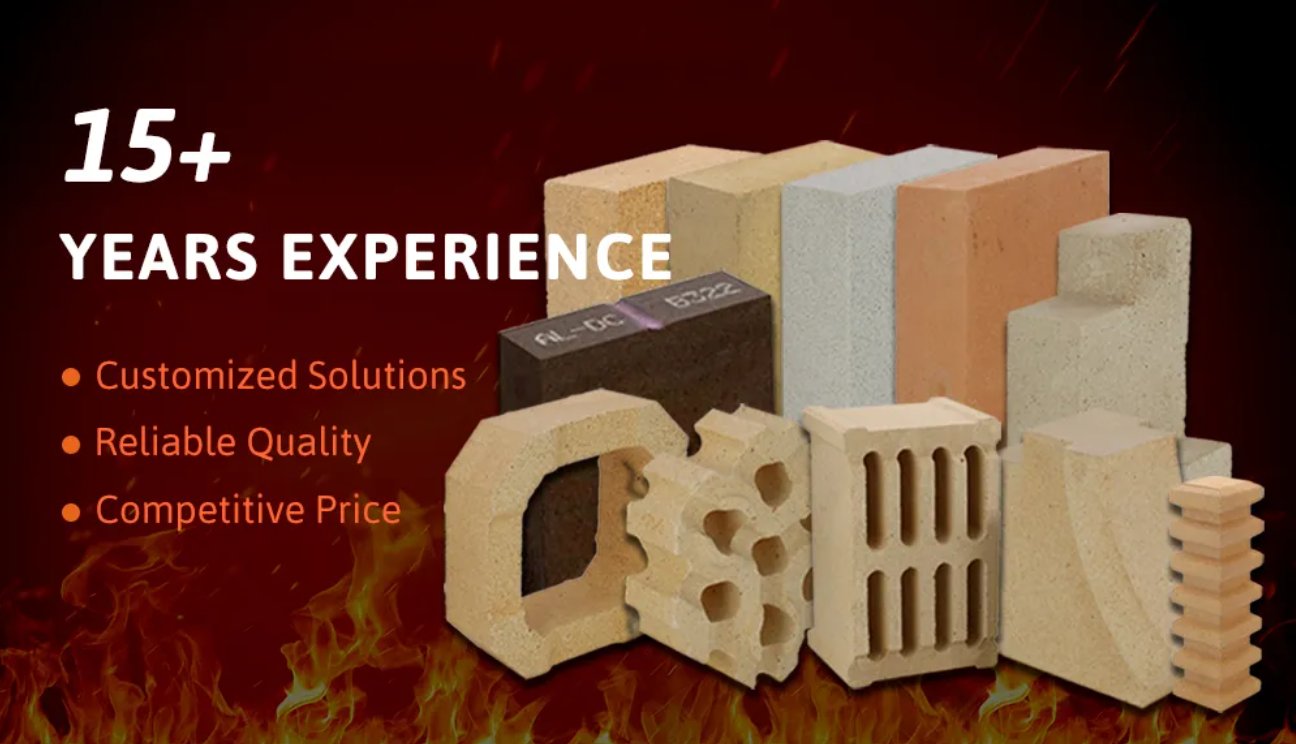Features
Ultra-High Purity Composition
Composed predominantly of periclase with ≥ 89–98% MgO, this magnesia refractory brick achieves exceptional refractoriness under load, ensuring stable service at temperatures surpassing 1700 °C.
Superior Thermal & Chemical Resistance
Built to withstand aggressive alkaline slags and chemical attack, our magnesia brick maintains protective integrity while resisting deformation and erosion during molten slag contact.
Dense, Low-Porosity Structure
With low apparent porosity (≤ 18 %) and high bulk density (≈ 2.9–3.1 g/cm³), these bricks offer minimal slag infiltration and excellent mechanical strength, ideal for harsh thermal cycling.
Versatile Manufacturing Options
Available as sintered magnesia brick, fused (or direct-bonded) magnesia refractory brick, and even specialized magnesia carbon or magnesia alumina carbon combinations, providing tailored refractoriness for diverse industrial demands.






